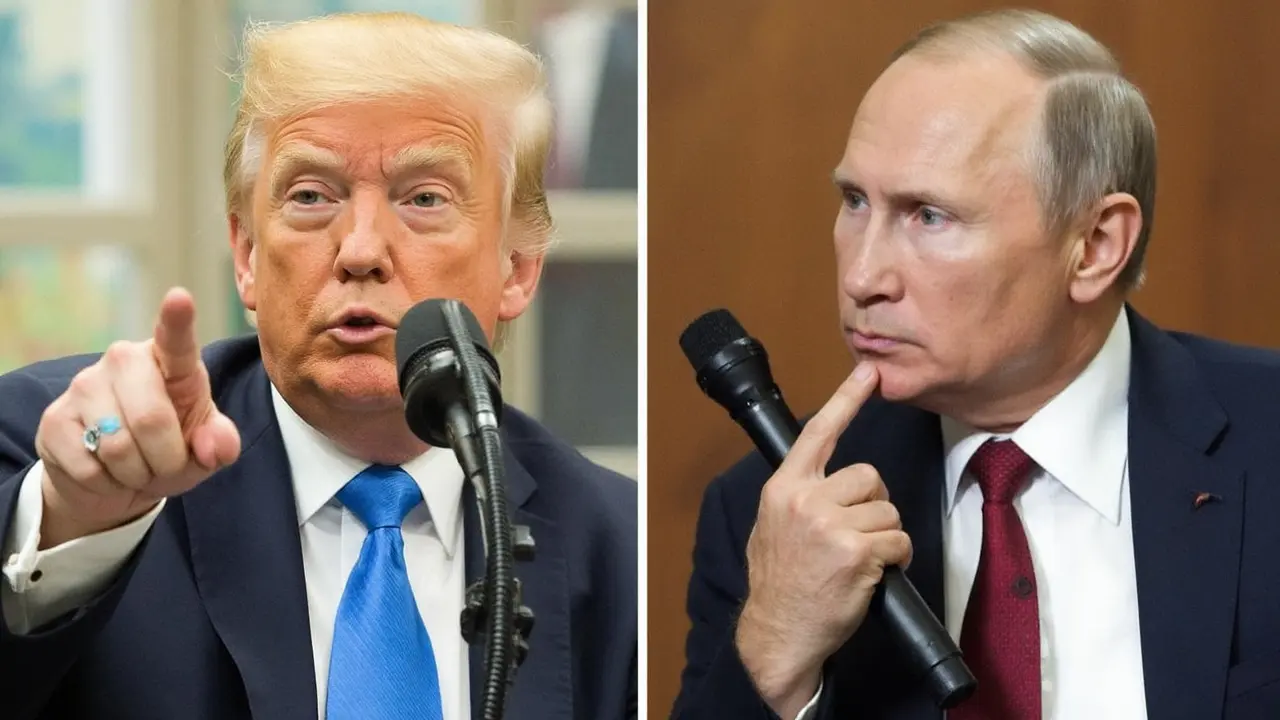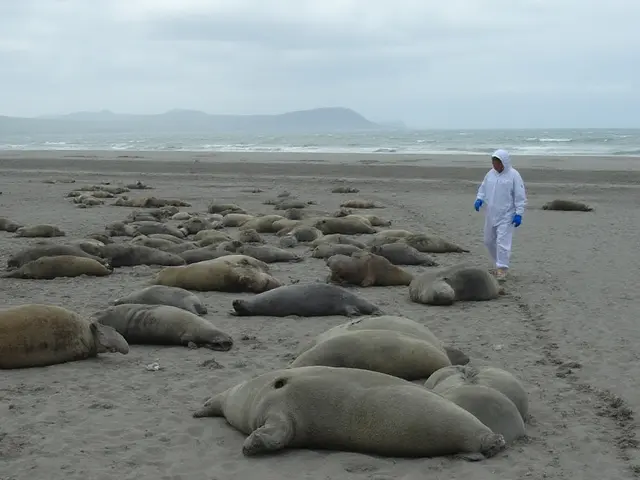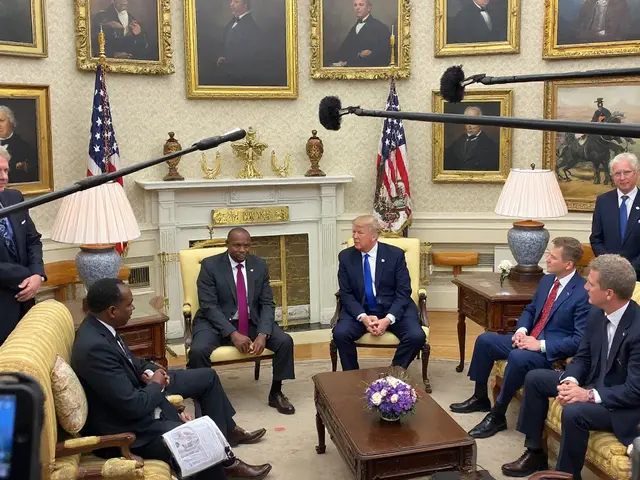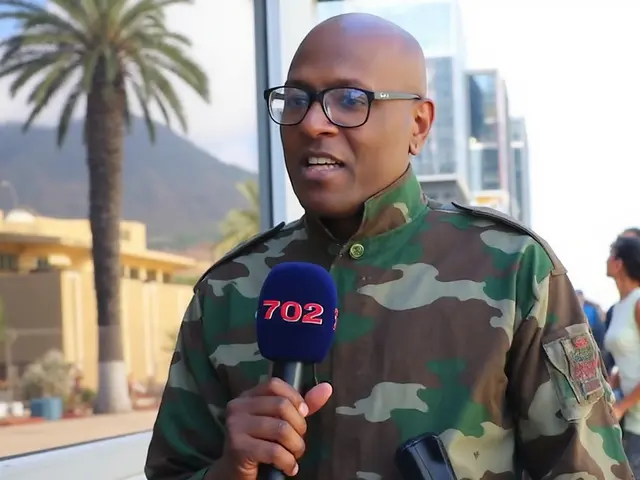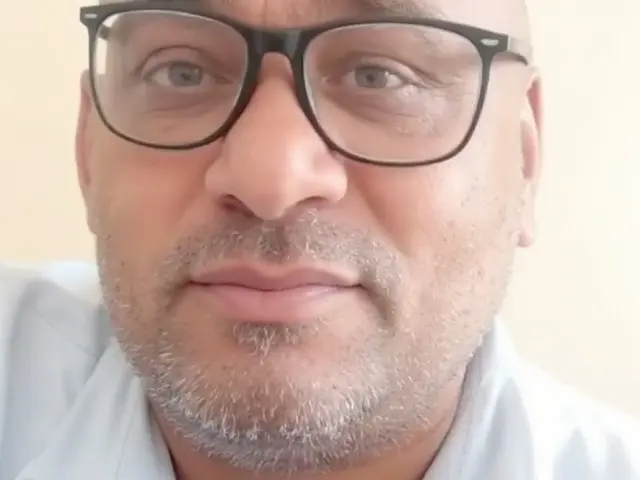Modi's Counterterrorism Stance Gets Bolder — Response in Full View
If you’ve been watching India’s approach to terrorism, things just changed—big time. After the attack in Pahalgam, which left 26 dead and stunned the country, Prime Minister Modi faced the nation not just with grief, but with fire. He made it clear: India’s response to terrorism is no longer a shadowy, slow game. It’s front-and-center, highly public, and intentionally caught on camera for all to see. "No more proxy war," Modi promised, putting the world—and especially India’s adversaries—on notice.
So, what does that actually mean on the ground? For starters, India’s armed forces have now been handed what Modi calls ‘complete operational freedom.’ That’s a significant upgrade. Previously, much of the military’s activity moved through layers of approval and red tape. Now, officers on the ground can decide how, when, and whom to hit back, without waiting for the go-ahead from a desk in Delhi. This isn’t just talk—following urgent meetings with Defence Minister Rajnath Singh and National Security Advisor Ajit Doval, the direction is unmistakable: take action swiftly, and do it so the world knows exactly what happened.
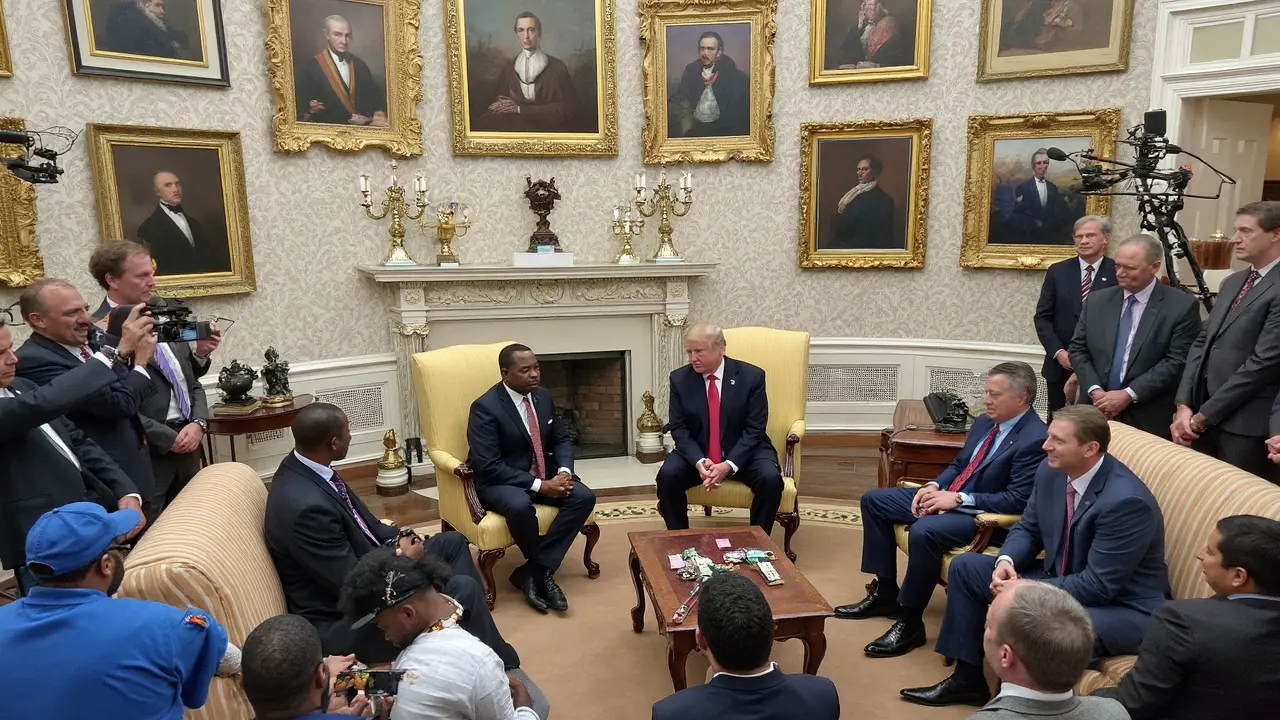
Pressure on Pakistan and International Support
It's no secret who Modi’s message targeted. He flat-out warned Pakistan that any wink or nod to terrorism would only lead to more trouble for them. The demand: destroy terrorism infrastructure in Pakistan-occupied Kashmir, or risk consequences that can’t be ignored. Modi went as far as tying any future dialogue or peace initiatives directly to solving the terrorism and territory deadlock. It's a hard line, and one that most Indians have rarely heard put so bluntly from a sitting PM.
But Modi isn’t stopping at military action or tough talk. Behind the scenes, India is pushing its allies—think the US, UK, France, and beyond—to isolate states that support or permit terrorism. The message from Delhi is simple: no country should get a free pass for being a safe haven or financier for these groups. According to officials close to the PM, India has already increased intelligence sharing with key partners, hoping to build a global wall against terror networks that reach far outside South Asia.
The government’s warning isn't just for international audiences. Security reviews have ramped up inside Jammu and Kashmir, particularly since the Pahalgam tragedy. Popular tourist destinations, which were once seen as symbols of returning normalcy, are now under even tighter watch. Tourist hotspots, markets, hotels—every corner gets a second look as security agencies aim to reassure both locals and visitors, and to prevent heartbreak from striking again.
Modi’s latest statements put unity at the heart of India’s fight. He’s calling on every citizen to reject divisive rhetoric, stand with security forces, and signal to the world that India is done playing defense on terrorism. The shift is more than political posturing; it marks a moment where the country’s security policy takes a new, highly visible—and bold—turn.
